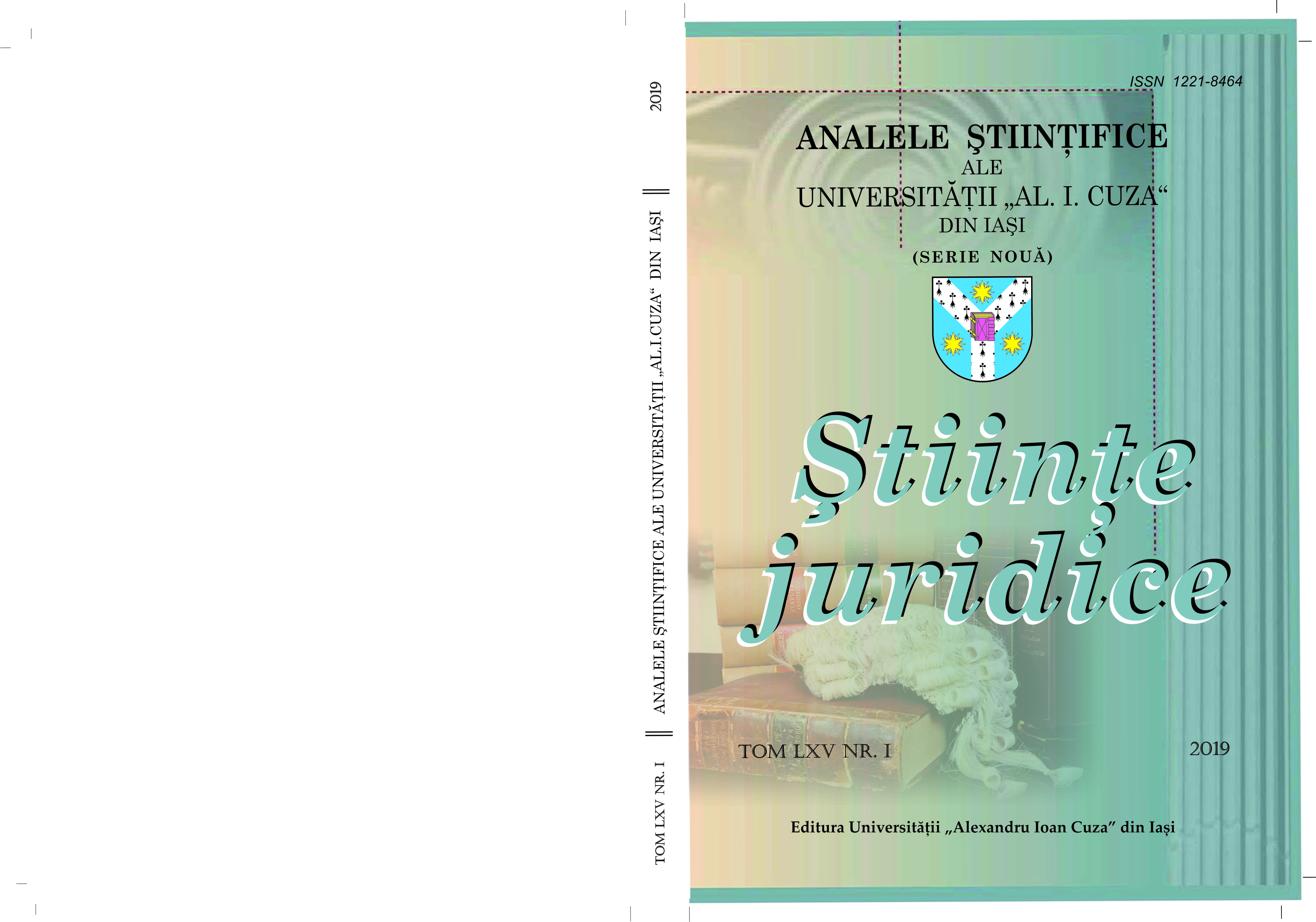Canoane interpretative în common law-ul american, via llewellyn & the ordinary meaning doctrine. Ecouri la instanțele europene luxemburgheze
Interpretative canons in the american common law, via llewellyn & the ordinary meaning doctrine. Echos as the European courts of law in Luxembourg
Author(s): Valerius M. CiucăSubject(s): EU-Legislation
Published by: Editura Universităţii »Alexandru Ioan Cuza« din Iaşi
Keywords: legal hermeneutics; Ordinary Meaning Doctrine; American common law; specialized terms;
Summary/Abstract: “Should a tomato, designated by botanists as a fruit, nonetheless be considered a vegetable? Speaking of food and meaning, in a contract that makes the term “sandwich” legally decisive, should a burrito be considered a sandwich, or is it something different?” The text above represents the (pre)text which occasioned the present reflection on the contextual sense as interpretative method in common law, a method which inspired also European courts of law in the continuous work of legal hermeneutics and of transposition, thanks to translators, into convincing legal forms, bearers of authority, but also of prestige, through wisdom and comprehension. This (pre)text is part of a sum of excerptae which we used in an exordium regarding the so-called Ordinary Meaning Doctrine, with its genuine epitome in a decision of the Supreme Court of the United States from 1993, in the case Nix versus Hedden, and with the tedious theoretical explanations from the recent opus published by professor Brian G. Slocum from University of the Pacific, Sacramento, California, in the academic literature of Chicago, sources of legal neo-ethics which could explain an interpretative canon from common law, acculturated also in European law, work of Karl N. Llewellyn (great authority representing the dominant American hermeneutics stream called legal realism dating from the last century at University of Chicago Law School), namely: „Principle: Words are to be interpreted in their ordinary meaning, with exception of technical or specialty terms (Ordinary Meaning Doctrine, n.m.). Exception: Ordinary terms can get a technical meaning, and technical terms can have an ordinary meaning; they must be interpreted so that they are in accordance with the manifest purpose of law or in order to ensure the effectiveness of law.”
Journal: Analele Științifice ale Universităţii Alexandru Ioan Cuza din Iași, seria Ştiinţe Juridice
- Issue Year: LXV/2019
- Issue No: 1
- Page Range: 15-26
- Page Count: 12
- Language: Romanian

